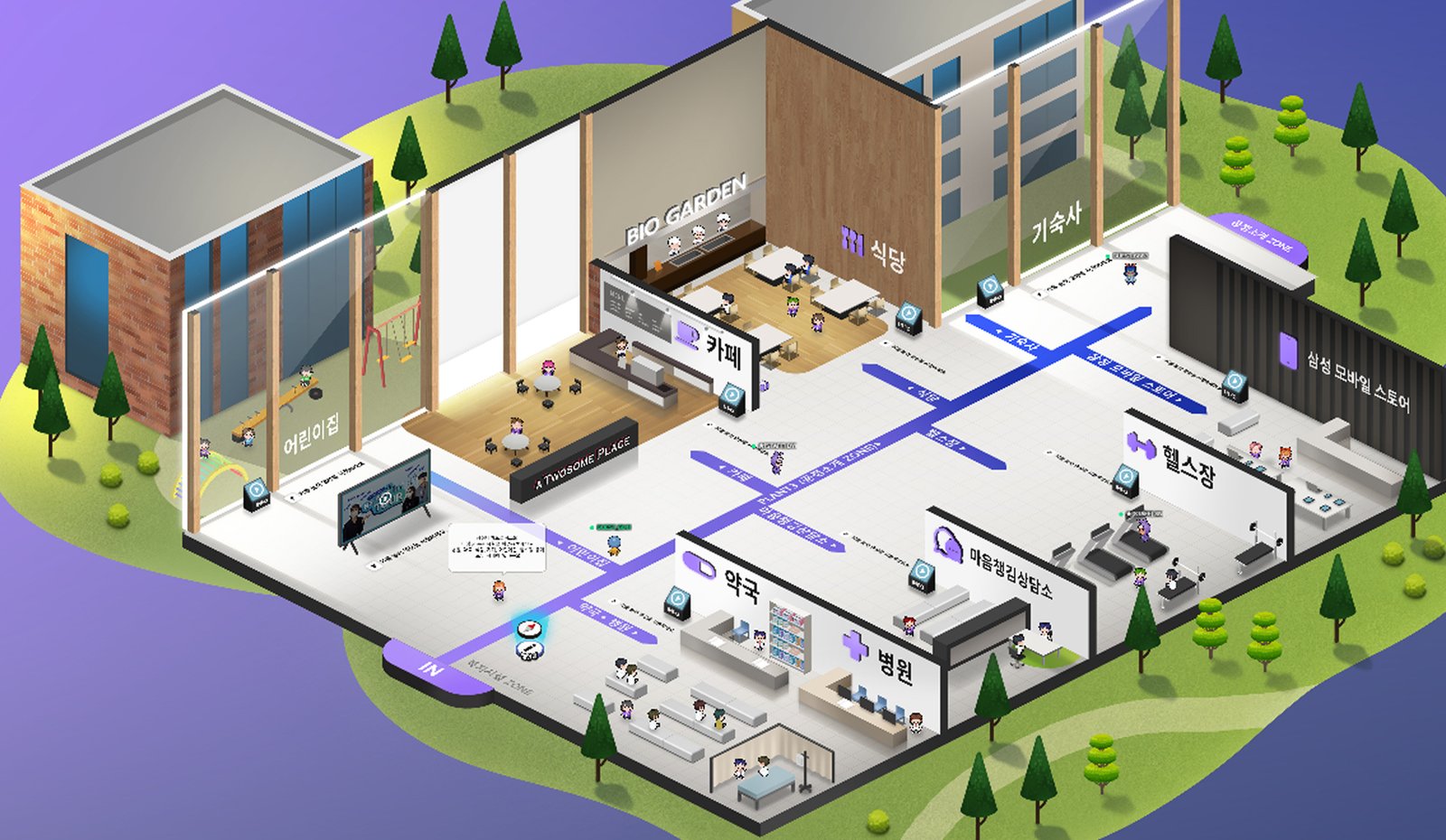Samsung Biologics, one of the world’s largest contract development and manufacturing organizations, is investing in the future of mRNA vaccine production. MRNA vaccines are perhaps best known for their role in combating the COVID-19 pandemic, but as scientists at the CDMO explained, mRNA has vast potential in other areas. We may be on the cusp of realizing the fruits of decades of research into mRNA-based treatments for conditions ranging from cancer to influenza.
“From what I have observed and what we can see in the market, the global mRNA vaccines and therapeutics market is forecasted to grow steadily in the next few years,” explained Pierre Catignol, Samsung Biologics’ executive vice president and head of manufacturing, in a recent Q&A. “This is largely because mRNA can create therapeutics based on a novel mechanism of action (MoA) for applications that cannot be targeted by existing antibody platforms (e.g., gene editing, targeting of intracellular protein or pathogens, etc.).”
What Is mRNA Vaccine Production?
An mRNA vaccine utilizes a small piece of genetic material to provide instructions to the body’s cells, usually producing a protein that triggers an immune response to the target pathogen. These vaccines don’t need to be grown in living cells or eggs, and they don’t require the body to be injected with weakened or inactivated viruses used in traditional vaccines.
MRNA vaccine production involves the linearization of pathogen DNA, transcription of the linear DNA into mRNA, purification of the mRNA to ensure stability, encapsulation in lipid nanoparticles, and aseptic fill/finish procedures to transfer the purified mRNA into sterile vials.
Building End-to-End Capabilities as a CDMO
In 2022, Samsung Biologics installed an end-to-end mRNA vaccine production facility at its headquarters in Songdo, South Korea. This facility expanded Samsung Biologics’ capabilities beyond drug product services to include drug substance services, meaning the CDMO can now produce and purify the active mRNA for vaccines and provide fill/finish services at the same facility.
This approach mitigates the risk of contamination that comes from transporting components involved in the mRNA vaccine production process. Samsung Biologics also utilizes its cold chain storage capabilities, which can keep mRNA at temperatures as low as minus 70 degrees Celsius during the mRNA vaccine production process to ensure stability of mRNA.
“As manufacturing mRNA-based therapeutics is composed of a complex set of processes from pDNA linearization, in vitro transcription, mRNA purification, LNP formulation, to final seal and finish, integrating all these processes into one site through end-to-end service can greatly satiate the demand from product developers for high-quality assurance,” explained Eunseo Lee, a senior scientist at Samsung Biologics, in a recent webinar. “Fully integrated CDMO service will utilize the optimal assets, guarantee a fast supply, and reduce the cost of goods.”
Overcoming mRNA Vaccine Production Challenges
Samsung Biologics’ evolving mRNA vaccine production capabilities are part of a wave of improvements in mRNA vaccine research and manufacturing in recent years. Researchers have known about the benefits of mRNA for decades, but struggled to produce stable mRNA vaccines. The COVID-19 pandemic catalyzed global collaboration and accelerated research to produce the first mRNA vaccines approved for human use, and now the floodgates may be open for new vaccines.
For example, while isolating the pathogen’s genetic code for a vaccine can be difficult, especially for new or virulent viruses, researchers are now using advanced genetic sequencing technologies, including artificial intelligence, to quickly identify and obtain the genetic information of the pathogen.
Enzyme specificity and impurity removal are crucial for obtaining pure mRNA, and researchers and manufacturers are working to optimize purification methods by carefully selecting enzymes that specifically target impurities. They also employ advanced purification techniques like chromatography to achieve high purity.
MRNA stability and contamination are concerns, but advancements in LNP coating and cold chain storage technologies have helped address this issue.
Maintaining sterility during the transfer and packaging of mRNA vaccines is vital. During the pandemic, Samsung Biologics adapted its strict aseptic techniques, sterile equipment, and clean room facilities to mRNA vaccines to ensure an error-free fill/finish processes.
Novel mRNA Applications and the Future of Biopharmaceuticals
These advancements in mRNA research, development, and manufacturing could herald a new era of vaccine innovation. MRNA vaccines have shown great potential for applications beyond COVID-19.
Researchers are pursuing mRNA vaccines for other infectious diseases, including influenza, HIV, and Zika. These easily editable vaccines are ideal for rapid response to seasonal strains and could provide more effective, targeted protection against infections.
MRNA vaccines also have exciting applications in the field of cancer therapy. Personalized cancer vaccines can be developed using mRNA, carrying specific tumor antigens unique to each patient’s cancer. By training the immune system to recognize and target cancer cells, these vaccines offer tailored treatments for various types of cancers. Additionally, mRNA vaccines can be used to modulate the immune response against cancer.
And mRNA vaccines hold promise in the field of allergies and autoimmune diseases. They can be utilized for developing allergy vaccines that induce immune tolerance against specific allergens and to modulate or suppress immune responses involved in these autoimmune conditions.
Samsung Biologics is preparing itself for these potential advancements.
“An mRNA CDMO company needs to understand the challenges from the product, developer, and research levels first,” said Lee. “So mRNA CDMO is not just scaled mRNA production, but a science-driven service.”

